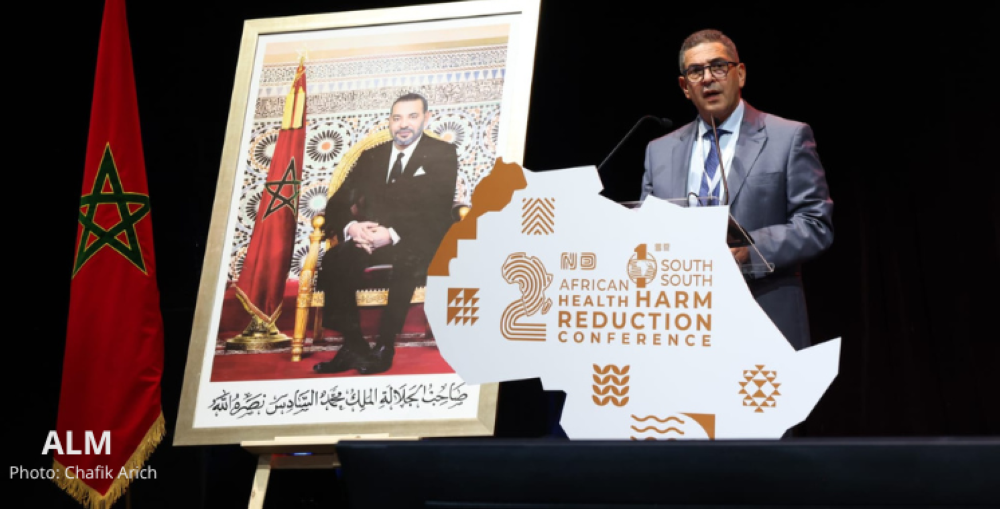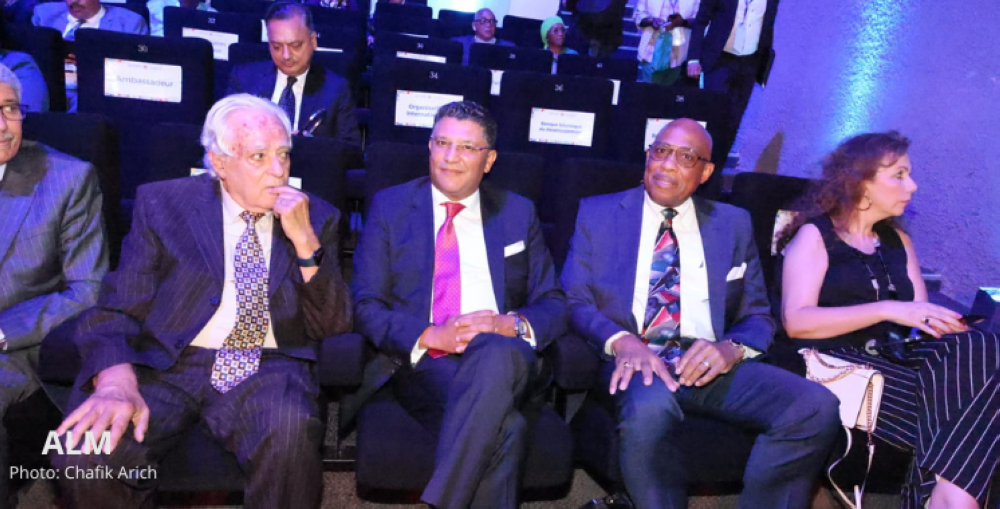In a constantly changing world filled with natural and man-made challenges, there is an urgent need for innovative and proactive solutions to address disaster mitigation and emergency response.
The topic has come to the forefront at the Second African and the First South-South Health Harm Reduction Conference, which is currently underway in Marrakesh, Morocco, from September 27 to 29. It is worth noting that Marrakesh faced an earthquake on September 8, resulting in the loss of nearly 3,000 lives and leaving 5,600 people injured.
During a panel discussion about mitigation and emergency management of natural disasters on September 27, various experts shared their insights.
Drawing from the lessons gleaned from the earthquake ordeal, Prof Saaïd Amzazi, the Minister of National Education, Vocational Training, Higher Education and Scientific Research in Morocco, emphasised the importance of creating local wealth to prevent the displacement of affected populations and restoring their dignity after a natural disaster.

Additionally, he highlighted the need to strengthen local human capital by addressing school dropouts and empowering rural women.
Amzazi also noted the positive aspect of the tragedy, pointing out the rapid national solidarity among Moroccans, with volunteers from diverse backgrounds coming together to help the victims, and acknowledging international support from various countries and organisations.
Solomon Tshimong Rataemane, the head of the Department of Psychiatry at the University of Limpopo, South Africa, acknowledged the importance of cohesive efforts and strategic planning in managing both natural and human-made disasters.
He said there are limitations of resources during disasters and the need to rely on past preparations, adding that healthcare institutions must proactively prepare for disasters in terms of both capacity-building and simulation training for health professionals.
Rataemane further highlighted the importance of government policies in disaster healthcare management, explaining that there should be regulations, interagency collaboration, and financial support.
Ertugrul Taciroglu, Professor of Civil and Environmental Engineering at the University of California, emphasised the importance of resilience in the face of natural hazards, particularly earthquakes.
He explained that resilience means maintaining some functionality in infrastructure during and after an event like an earthquake, preventing a total collapse, and is measured by factors like period of recovery and the extent of loss.

To achieve seismic resilience, Taciroglu outlined several key elements including characterising the hazard through observations and simulations, as well as establishing effective and enforceable seismic guidelines, with a tiered approach to prioritise critical infrastructure.
“Identifying and retrofitting risky structures is crucial. We should also use seismic instrumentation and the use of machine learning to assess damage,” he added.
Taciroglu further underscored the necessity of interdisciplinary collaboration, involving public health officials, social scientists, medical professionals, economists, politicians, and governments.
Ali Ardalan, Unit Head of Health Systems in Emergencies at WHO’s Regional Office of the Eastern Mediterranean, emphasised the importance of recovery during the post-acute phase of emergency response and referred to the WHO’s implementation guide for health systems recovery from disasters.
He explained that the guide focuses on restoring well-being and improving the health system’s components and public health functions, aligning with principles of sustainable development.
Ardalan noted that disasters tend to be forgotten quickly, highlighting the need to learn from recovery experiences and inform national health system reforms.
He proposed areas of focus, such as integrating health emergency and disaster risk management into national policies, earthquake-related land planning, and investing in essential public health functions.



